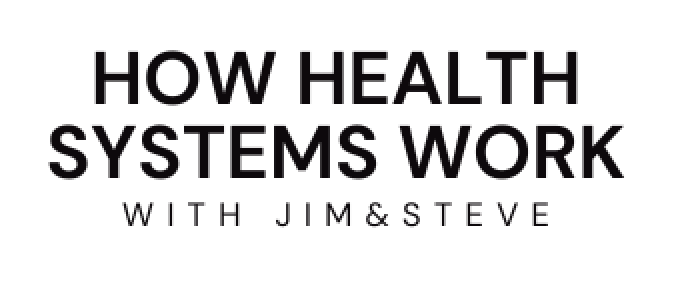James Junger: Using Healthcare Regulations to Protect Safety Net Providers
In this conversation, Jim Burke and Steve Pratt discuss the complexities of rural health care with James Younger, an attorney specializing in safety net provider support. They explore the roles of Rural Health Clinics (RHCs), Critical Access Hospitals (CAHs), and Federally Qualified Health Centers (FQHCs) in ensuring access to care in underserved areas. The discussion highlights the financial implications of these designations, the importance of data in identifying eligible facilities, and the benefits of programs like the 340B drug discount. The conversation emphasizes the need for strategic planning in health systems to optimize resources and improve care delivery in rural communities.
Takeaways
James Younger describes his role in supporting safety net providers.
Rural Health Clinics can significantly increase revenue for health systems.
Data analysis is crucial for identifying eligible rural health facilities.
340B program offers substantial savings on outpatient drugs.
Provider-based locations can enhance financial stability for rural hospitals.
FQHCs play a vital role in providing primary care in underserved areas.
The reimbursement rates for FQHCs are higher than for traditional clinics.
Understanding geographic limitations is essential for maintaining critical access status.
Health systems must strategically manage their rural facilities for optimal care delivery.
Collaboration among providers is key to improving health outcomes in rural communities.
Chapters
00:00 Introduction to Rural Health Challenges
01:43 Understanding Rural Health Clinic Designation
03:57 The Importance of Data in Rural Health
06:01 Financial Implications of Rural Health Clinics
08:40 Critical Access Hospitals and Their Role
11:07 340B Drug Discount Program Explained
13:50 Provider-Based Locations and Their Benefits
17:28 Navigating Provider-Based Locations
20:22 Understanding FQHCs and Their Role
21:59 Financial Advantages of FQHCs
26:07 Ownership and Governance of FQHCs
29:47 Leveraging Non-Physician Practitioners

